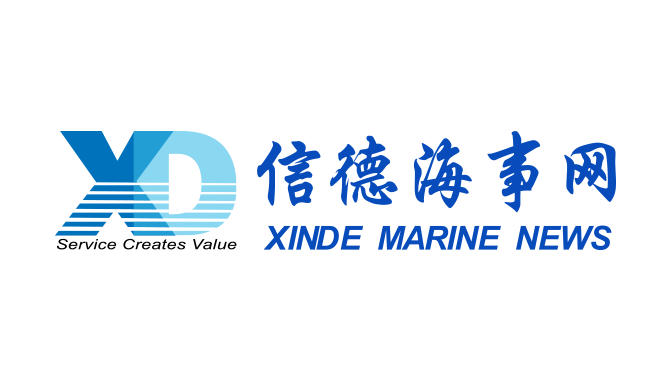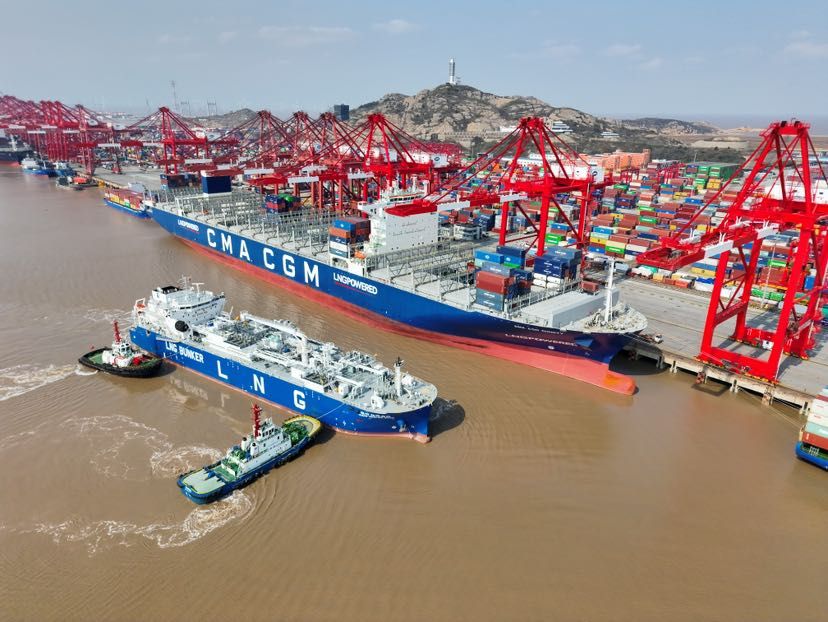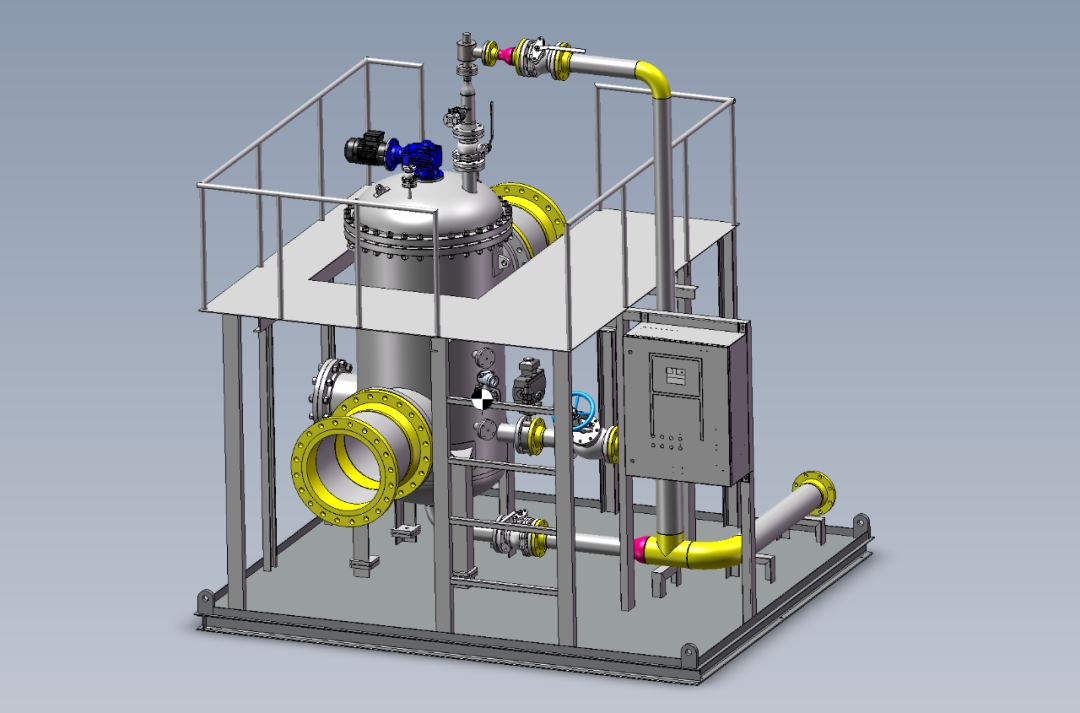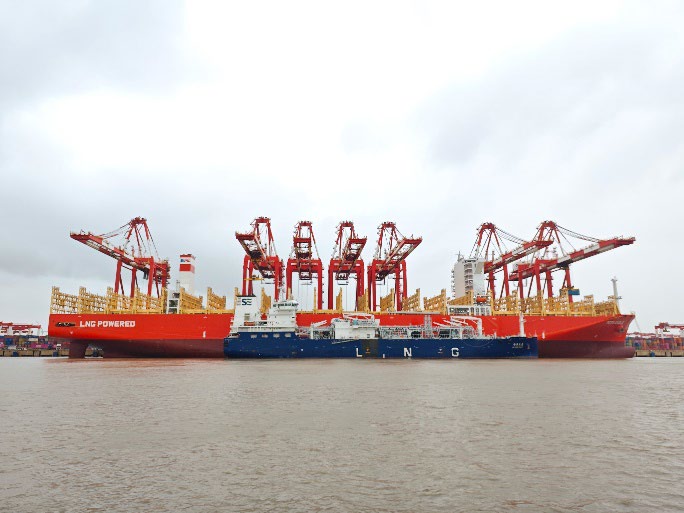
Chinese State-owned oil and gas giant China National Offshore Oil Corp said on Wednesday that it has completed the country's first offshore carbon capture and storage project designed to permanently bury carbon dioxide in the seabed.
After 10 months of preparations, the project will serve the Enping 15-1 oilfield located in the mouth of the Pearl River, about 200 kilometers south of Shenzhen, Guangdong province, said the country's top offshore oil and gas driller.
Liu Huaxiang, general manager of the deepwater engineering construction department under CNOOC's Shenzhen branch, said the project will store CO2 emitted during the oil extraction process, and it is capable of storing more than 300,000 metric tons of the greenhouse gas annually, equivalent to planting 14 million trees or taking 1 million cars off the road each year.
The project will further facilitate the country's ambition to achieve a carbon peak by 2030 and carbon neutrality by 2060, he said.
Carbon capture, utilization and storage, or CCUS, is an important emissions reduction technology that can be applied across the energy system. It involves the capture of CO2 emitted during industrial processes, the transport of the gaseous compound via ship or pipeline, and either its use as a resource to create valuable products or services or its permanent storage deep underground in geological formations.
According to the International Energy Agency, facilities built around the world now have the capacity to store more than 40 million tons of CO2 every year.
Offshore CCUS activity is already underway in Norway and the United States, with captured CO2 supplied to developers to inject into oil fields to help boost recovery rates, according to Reuters.
Luo Zuoxian, head of intelligence and research at the Sinopec Economics and Development Research Institute, said CCUS plays a key role in China's green transition, and also has broad prospects and potential.
Luo said cleaner use of fossil fuels plays a key role as the country goes full throttle to achieve a greener energy mix, which in turn has to rely on the development of CCUS technologies.
Most of the world's major economies are coming up with their own CCUS plans and China as a major coal consumer should also plan ahead and step up efforts in related areas, he said.
China is already making tremendous efforts in CCUS applications with numerous breakthroughs seen over the past few years, Luo added.
According to an assessment report drawn up by the Ministry of Science and Technology and other government bodies earlier this year, the future theoretical emissions reduction potential of CCUS technology is huge.
Source: China Daily
The opinions expressed herein are the author's and not necessarily those of The Xinde Marine News.
Please Contact Us at:
media@xindemarine.com


 WOODSIDE AND CHINA RESOURCES AGREE LONG-TERM LNG SU
WOODSIDE AND CHINA RESOURCES AGREE LONG-TERM LNG SU  Shanghai Yangshan Port Bunkered Two LNG Powered Con
Shanghai Yangshan Port Bunkered Two LNG Powered Con  Headway successfully delivers filtration skid solut
Headway successfully delivers filtration skid solut  Celebrating the Launch of “Green Energy Pearl” –
Celebrating the Launch of “Green Energy Pearl” –  PIL and SSES complete the inaugural LNG bunkering o
PIL and SSES complete the inaugural LNG bunkering o  BW LNG secures e-procurement deal with Procureship
BW LNG secures e-procurement deal with Procureship